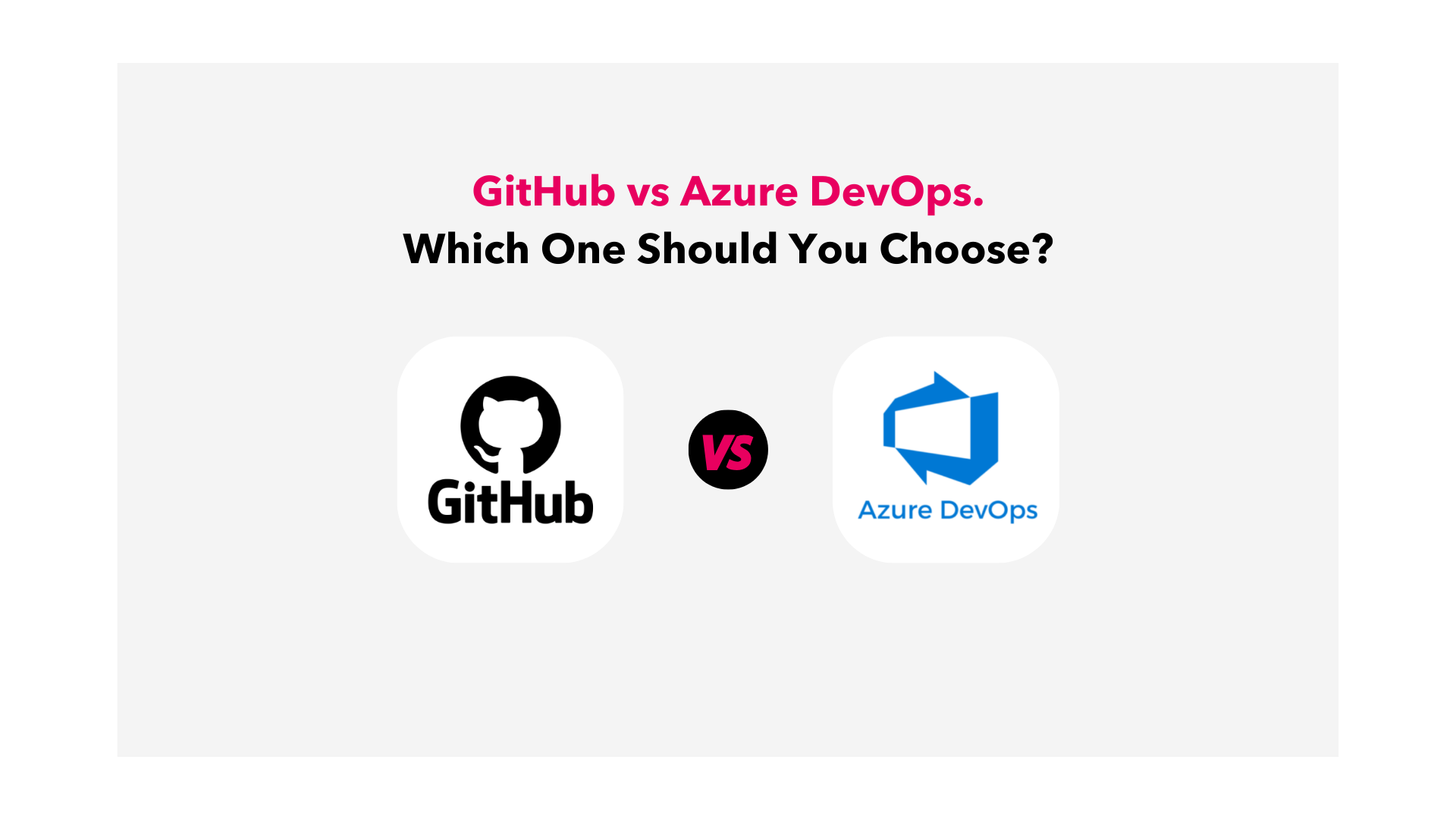
Estimated reading time: 8 minutes
Today we are going to be discussing building a profitable web development agency. We are going to touch on the strategies for success when building a web development agency similar to Matchbox Design Group.
Web development can offer the perfect marriage of the technical and the artistic, the commercially driven and the purely creative. Whether you’re seeking to empower other small business organizations or simply to flex your design chops, launching your web development agency may prove highly rewarding.
Related Links
Simply getting an agency off the ground can be a major undertaking in and of itself, even beyond you start thinking about strategies for long-term distinction and success. What follows is a crash course in agency creation, touching on everything from legal considerations to big-picture marketing concerns.

Tips For Establishing An Effective Web Development Agency
1) Choose The Right Niche
Generalist web development agencies often have a hard time standing out or establishing a suitable client roster. So, before you get too far, you may want to put some thought into the niche you’d like to pursue. For example, you may decide to focus on designing sites for dental and medical practices, or for companies in the automotive sector.
As you think about a niche, think in terms of:
- Your passions and interests; what is a niche you won’t soon tire of.
- Any previous web development experience you can draw from.
- Profitability and competition.
- Geographic location (e.g., if you live in a city with a ton of architecture firms, maybe that’s a niche to pursue).
2) Set Up An Office Space
Chances are, when starting your own web development agency, you’ll begin by working from your own home. Make sure you have a room set up with the right tools, including ergonomic furniture, a really fast and reliable Internet connection, good lighting, and the right backdrop conditions to hold Zoom calls.
If you opt to work beyond a home office, consider co-working spaces in your area; or, leasing a smaller office space that’s reasonably close to home.
3) Define A Set Of Goals
When you launch any kind of new business, it can be helpful to have some clear objectives in mind, providing you with a sense of where you’re headed and what your priorities should be. Incorporating Microsoft Fabric consulting can also guide you in setting these objectives, as the insights gained can help shape your business strategy.
The best business goals are measurable/quantifiable and time-bound; for example, your objective may be to bring on six clients in the first four months, or to close out the year with a specific level of profits. Also be sure your goals are realistic, yet also challenging; you want to stretch yourself but you ultimately want objectives that are attainable, too.
4) Decide On The Services You Will Offer
You may want to stick strictly to website development, and that’s perfectly fine. But depending on the niche you’ve selected, your goals, and your skill set, it may be helpful to diversify your service offerings (and thus to diversify your revenue streams). For example, you may decide to offer such services as:
- Logo Design
- Brand Strategy
- Managed Website Hosting
- Email Marketing
- Search engine optimization (SEO)
- Pay-Per-Click (PPC) Advertising
These services are all closely related to web development, which means it might make sense to offer them in-house or via relationships with third-party partners/providers.
In terms of the collaboration model of the agency itself, most clients are interested in nearshoring web development, offshoring web development, dedicated web development teams, etc.
5) Choose A Pricing Model
Spend some time sizing up the pricing strategies used by some of your competition, focusing specifically on other agencies in your niche or in your geographic area. Remember that, as a fledgling agency, you’ll likely want to offer a fairly low price point, but you want to avoid coming across as overly “cheap.” Your pricing should reflect your relative inexperience, but it should also provide confidence in the quality that you offer.
Think also about specific pricing models that you might employ, which can include:
- Flat Rates
- Hourly Rates
- Monthly Rates
- Bundles Packages (for example, year-long commitments that might also include hosting, SEO, support, etc.)

6) Draft A Business plan
Most businesses benefit from having a concrete, strategic plan in place, and web development agencies are no exception.
Business plans can vary in what they cover, but as a general rule they should address your business goals; the specific activities you’ll undertake to meet those goals; how you’ll obtain funding; and the long-term direction you’d like to set for the business.
Additionally, your business plan might include the metrics you’ll use to measure and evaluate the success of your agency.
7) Address Legal Requirements
There are a number of important legal decisions you’ll need to make on behalf of your web development company, including a decision about the type of structure you’ll employ. For most small businesses, the best option is the limited liability company, or LLC. LLCs offer you tax flexibility and personal liability protection. They are also fairly simple to set up. In fact, the main steps are limited to these:
- Draft an Operating Agreement and file it with your state.
- Pay the LLC registration fees (often as low as $15, though this can vary by state).
- Register a name that is not already in use by another business in your state.
- Hire a Registered Agent, such as Northwest Registered Agent, to receive legal and tax mail.
- Get an EIN from the IRS (free for U.S. citizens).
- Establish a business bank account, separate from your personal bank account.
- Make sure you’re aware of any annual LLC filing requirements in your state (usually very minimal).
8) Build Your Portfolio
For web designers, it’s essential to have a robust online portfolio. A good portfolio will increase your visibility and make it easier to attract new customers and clients. Make sure you select work that highlights your technical skill, your aesthetic point of view, and your insight into the industry or niche you’re targeting.
To ensure a professional-looking portfolio, follow these tips:
- Use a clear, easy-to-navigate layout.
- Be sure you only use high-quality images/videos.
- Verify that your portfolio page is mobile-friendly and that it loads quickly across all browser and device types.
9) Create A Proposal Template
Any time you bring on new work, you’ll need to provide your customer or client with a written proposal. To save time and ensure thoroughness, it’s smart to have a basic template in place.
Generally speaking, a good proposal will cover the following areas:
- An executive summary.
- A timeline for all deliverables and project benchmarks.
- Scope of work.
- Total cost.
In addition to the proposal template, you may also wish to create a template for final contracts.
Again, consider a few key elements, which might include:
- The Parties Involved.
- Timeline.
- Scope Of Work.
- Payment Terms.
- Special Clauses (e.g., accommodations for certain risks, cancellation policies, etc.)
10) Choose Payment Tools
How will you accept payments from your customers and clients? Be rigorous in researching different options. While it may seem simple enough to just accept Paypal, it’s critical to note that this platform is unavailable in some countries, which might limit your ability to grow the business.
Some additional factors to consider when choosing a payment tool include:
- Pricing (e.g., fees per transaction).
- Security.
- International currencies.
- Supported Cards And Payments.
Note: As a rule of thumb, it’s best to provide a few different ways for clients to pay.
11) Invest In Other Software Solutions
You probably have the web design tools you need already, but there are other software suites that might help you to work effectively. These include project management tools, accounting and bookkeeping software, and time-tracking software.
As you work on defining the core services for your web development agency, it’s crucial to invest in tools that enhance client communication and management, ensuring efficient service delivery. Consider adopting agency client management software, which can help streamline invoice access, client communication, and overall project coordination. This streamlined approach allows you to focus more on building strong partnerships with clients rather than organizational headaches.
12) Build An Online Presence
Web design companies need to be highly visible on the Internet.
Some Specific Strategies Include:
- Choosing three or four social media platforms and developing a robust presence there, using a social media calendar and automation tools to post fairly regularly.
- Creating a free Google Business profile.
- Ensuring the right on-site optimization for your business website, including metadata.
- Budgeting a modest amount for paid advertising, including PPC and social media ads.
- Seeking citations in online directories and databases (which can help with SEO).
13) Think In Terms Of Lead Generation And Customer Retention
The most successful companies typically have multiple channels for lead generation. For example, having downloadable white papers on your website, or an email subscription list, can be a great way to gather contact information for prospective customers. Additionally, email marketing can be a powerful way to stay connected with previous clients, potentially generating repeat business or referrals.

Lay The Foundation For A Successful Web Development Business
Web development can be an exciting, highly rewarding field, especially when you take the time to establish a basis for long-term success. Follow these tips and best practices to orient your web development business in the right direction.
We hope this article from Matchbox Design Group has helped you with “Building A Profitable Web Development Agency”. If you have any questions or concerns please contact us below.
Contact Matchbox Design Group Today!
If your website could use a refresh or you’re looking to drive more traffic to your site, fill out the form below and we’ll contact you to learn more about your digital needs.

